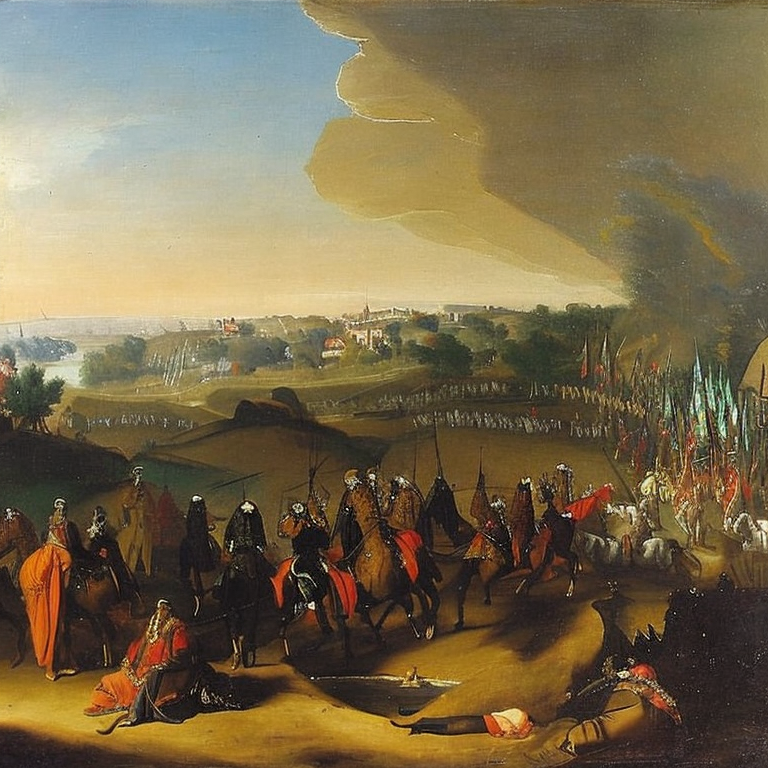The Protestant-Reformation, Church-State Relations, and Globalisation of Christianity
Summary
The Protestant Reformation caused a divide in the Christian Church, leading to the emergence of various congregations and the appropriation of church wealth by secular authorities. The relationship between Church and state was redefined, and Catholic princes retained control over the Church despite acknowledging the authority of Rome. The expansion of Europe into other parts of the world resulted in the globalisation of Christianity, with Catholic missionaries baptizing millions of people in the Americas, the Philippines, and Japan. However, the process of missionary work was slow and faced challenges due to the need for understanding local cultures and dealing with preexisting religious practices.
Table of Contents
- The Impact of the Protestant Reformation on Church and State Relations
- The Globalisation of Christianity
- Missionary Efforts in the Americas
- Adapting Christianity to Local Customs
- Educational Attainment and Ministry in Protestant Countries
- Challenges with Disciplining the Congregation
Q&A
Q: What was the impact of the Protestant Reformation on the relationship between Church and state?
A: The Protestant Reformation led to the redefinition of the relationship between Church and state, with Church affairs being managed by nominated Church officials. This broke established patterns of landed wealth, tithe income, and spiritual dues, leading to the appropriation of church wealth by secular authorities. Catholic princes retained control over the Church, but they had to acknowledge the authority of Rome and respect the jurisdictions of bishops.
Q: How did the globalisation of Christianity occur?
A: The globalisation of Christianity occurred due to the expansion of Europe into other parts of the world, with Catholic missionaries baptizing millions of people in the Americas, the Philippines, and Japan. However, the process of missionary work was slow and faced challenges due to the need for understanding local cultures and dealing with preexisting religious practices.
Q: How did Catholic missionaries adapt to local customs in their missionary work?
A: Catholic missionaries adapted to local customs by turning Christian prayers into chants in the Philippines and adapting Christian liturgy to the Chinese calendar in China. In Spanish colonial society, compromise between local religious systems and Christian doctrine was necessary.
Q: How did Protestant churches see ministry?
A: Protestant churches saw ministry as a public office connected to a specific congregation, requiring a special vocation but not celibacy. Educational attainment was not enough to be an effective minister, and ministers were under contradictory pressures from their congregation and from visitors and superintendents who wanted them to catechize everyone.
Q: What were some of the challenges with disciplining the congregation in Protestant countries?
A: Reports from visiting committees showed that there were still issues with ungodly behavior, poor attendance at church and catechism classes, and gambling, drinking, and swearing. Discipline became a form of shaping public behavior and morality, but there were still issues with implementing it effectively.
Conclusion
The Protestant Reformation had a significant impact on Church-state relations, leading to the emergence of various congregations and the appropriation of church wealth by secular authorities. The globalisation of Christianity occurred due to Catholic missionary efforts in the Americas, the Philippines, and Japan, although it was a slow process that faced challenges. Catholic missionaries had to adapt to local customs, and compromise was necessary in Spanish colonial society. In contrast, Protestant churches saw ministry as a public office connected to a specific congregation, requiring a special vocation but not celibacy. However, there were still challenges with disciplining the congregation and shaping public behavior and morality effectively.







